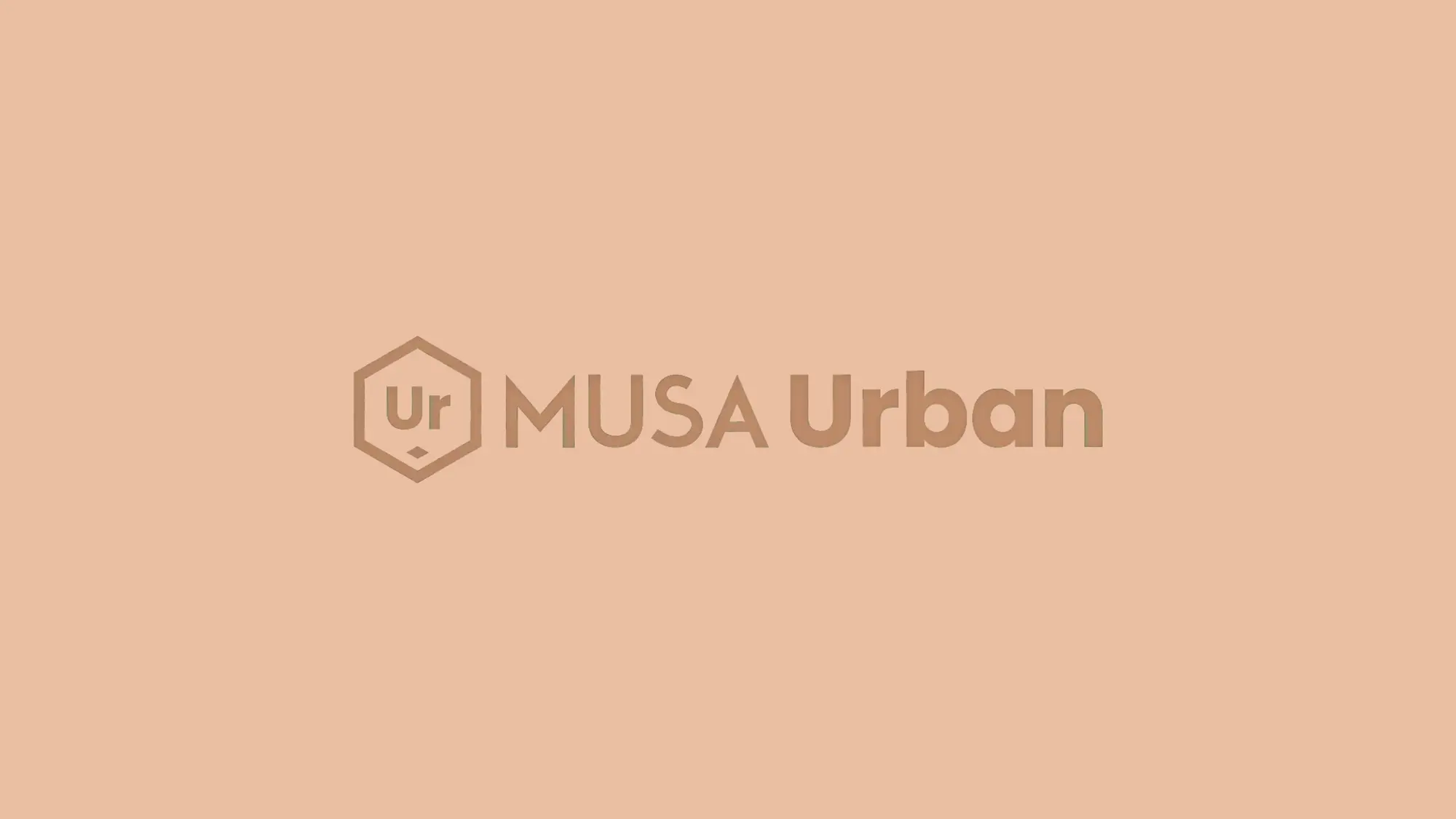MUSA. Multilayered Urban Sustainability Action - SPOKE 1
Website's ProjectMUSA. Multilayered Urban Sustainability Action - SPOKE 1
Website's Project
MUSA - Multilayered Urban Sustainability Action is an Innovation Ecosystem funded by the Ministry of University and Research under the National Recovery and Resilience Plan. In addition to Politecnico di Milano, the project involves the main Milan Academies, Università di Milano-Bicocca, Università Bocconi, and Università Statale di Milano, joined by numerous public and private partners.
Born in Milan, MUSA addresses the challenges of sustainability in the metropolitan context, proposing a new model of public-private collaboration that is replicable and scalable nationally and internationally.
The MUSA Ecosystem considers the Lombardy territory an ideal laboratory for testing integrated innovations and interdisciplinary responses in six distinct thematic areas (Spoke).
The Department of Design is involved in the following Spoke:
- Spoke 1 - Urban regeneration - City of tomorrow
- Spoke 2 - Big Data-Open Data in Life Sciences
- Spoke 5 - Sustainable Fashion, Luxury and Design
- Spoke 6 - Innovation for Sustainable and Inclusive Societies
SPOKE 1 - URBAN REGENERATION
Spoke 1 - URBAN REGENERATION: is dedicated to safeguarding and enhancing the potential of the natural environment in the city context, from biodiversity to renewable energy sources, from monitoring to citizen involvement in sustainable mobility: building the city of the future together.
Spoke 1 directly addresses the issue of ecological and digital transition at the urban level through the definition of models and strategies for city regeneration, and the innovation of processes and products stemming from joint and living labs where businesses and researchers from various Milanese universities tackle key themes of sustainable urban development.
The approach will start from the characteristics of different cities and available information to create an integrated and modular platform capable of connecting data related to the environment and biodiversity with the needs and cognitive-behavioral aspects of citizens, as well as the strictly urbanistic and structural aspects of the area where interventions are to be implemented.
The goal is multi-criteria planning, participatory and capable of enhancing the peculiarities of the territory to create more sustainable cities suited to the needs of today's citizens. The economic evaluation of various elements, starting from the ecosystem services of green areas to the estimation of the effects of certain urban planning choices on human health, will be fundamental not only to quantify the value of regeneration processes but also to identify levers and funding models for the interventions. This will form the basis for major urban forestry projects, depaving, and the recovery of critical and abandoned areas in different cities.
Within Spoke 1, a particular focus will be dedicated to emerging urban issues such as those related to urban waste, which can become a resource. A second key theme concerns energy choices, and finally, the issue of mobility and logistics will be addressed. Regarding waste and scraps, the concept of an integrated biorefinery with the territory will be applied through the development of appropriate technological tools to redesign supply chains and enhance biomass. Both emerging chemical technologies and biotechnological approaches will be considered to transform waste into new materials and molecules, fully applying the principles of sustainability and the circular economy.
On the energy front, Spoke 1's efforts will aim to promote the development of carbon-neutral districts and Positive Energy Districts (PED) through technical innovations and innovative economic schemes and tools related to energy efficiency and the production and management of renewable energy to meet the needs of the 21st century: reduction of energy flow, materials, and land use. The goal is also to protect communities from climate warming and the exacerbation of extreme events. Concerning mobility, the ecosystem will focus on both the technological aspects of new mobility processes and the behavioral and social aspects, as well as innovative policies, economic measures, and management in support of mobility.
Finally, it is important to emphasize that although Milan represents the laboratory of Spoke 1, researchers and businesses will collaborate intensively at the national and international levels to promote a sustainable and scalable urban transition in different contexts. A strength will be the collaboration with research centers and entities in Southern Italy to share technologies, innovation processes, feasibility plans, and actions for territorial transfer.
Research groups
Dcom + Dcom AI Lab
Find out more